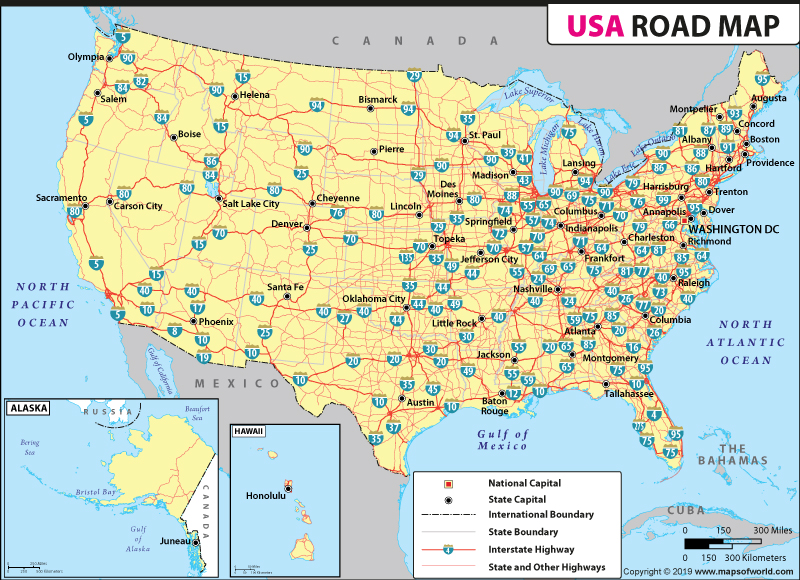Americans already have a high-speed transportation network, likely the most advanced of all people. We call that network commercial aviation.
It seems quite silly to build faster versions of 19th century technology so Americans can haul themselves across great distances. It's already much faster to ride in a flown commercial jet than it is to ride in any high-speed train running anywhere on earth.
That said, perhaps there could be purpose for high-speed rail, if such rail were limited to one hour travel time between any terminals. With one hour rides, positive network effects can arise for commuters working in various nearby cities.
Short-hop (one hour or less) HSR might be what Americans need to revive the fully rusted Rust Belt. In my vision, Indianapolis, Columbus, Cleveland, Toledo, Detroit, and Fort Wayne would become the Short-hop connected cities of the future.
The Great Lakes region is ready made for HSR. So too is the Southern Plains. HSR would work in the Mid-Atlantic, in Florida, in California, and in the Pac NW. Again, the right way is to run one-hour trains or less.
The political leadership behind HSR in California are doing it wrong, thoroughly so. The goal should not be to connect San Francisco with Los Angeles.
Already a robost high-speed infrastructure exists with flights between the many airports of greater Los Angeles and of the San Francisco Bay area. Letting many move into the San Joaquin valley to work in San Jose and San Francisco would be much smarter. Connecting Las Vegas with Los Angeles through Riverside would be much smarter.
The big question needing answer is who should own a nationwide HSR network and service? Most Americans fail to realize that when the U.S. Government owns something, in effect, that means the U.S. Congress owns it.
Taxpayers don't own anything, ever. Congress gives itself the right to a share of the wages of all wage earners even before they profit. Congress gives itself the right to a share of profits of all incorporated firms. Congress imposes duty upon wage earners and firms to pay Congress those shares under the name taxes.
If Congress owns the HSR, then Congress shall use the HSR for political purposes rather than for the betterment of all Americans, which is what the general welfare clause is truly all about.
Rather than Congress owning the HSR, Americans should own it, should it come to be. Each American 18 and older should be issued one share of stock in publicly traded HSR Corp. Likely, over time, most shares will end up in stronger hands. However, with an HSR Corp., Americans can be sure of efforts toward efficiency and quests for profits.
 But will high-speed rail bring productivity gains to Americans and thus grow the economy beyond the initial outlay for track and trains? Rather than high-speed rails, perhaps Americans should better embrace a future of driver-less trucking.
But will high-speed rail bring productivity gains to Americans and thus grow the economy beyond the initial outlay for track and trains? Rather than high-speed rails, perhaps Americans should better embrace a future of driver-less trucking.In that future, perhaps U.S Interstates need to be cleared of passenger vehicles, at least those with drivers. Perhaps it's time to think upon a future where cars being restricted to U.S. Numbered Highways. Of course, interstate highways traversing cities couldn't be commandeered, but interstates spanning great distances ought to be reserved for driverless vehicles.

Already, Californians are being stuck with a massive bill, about $69 billion, for a pseudo high-speed rail foolishly planned to be built between Los Angeles and San Francisco.


No comments:
Post a Comment